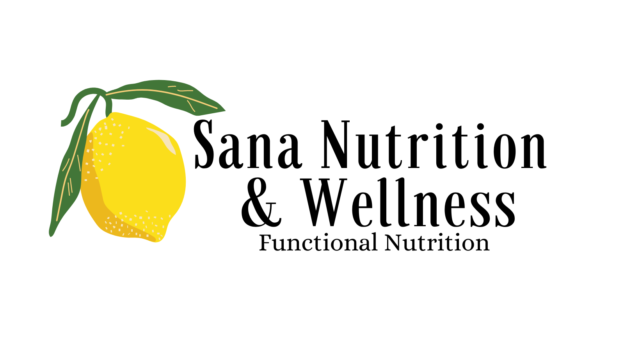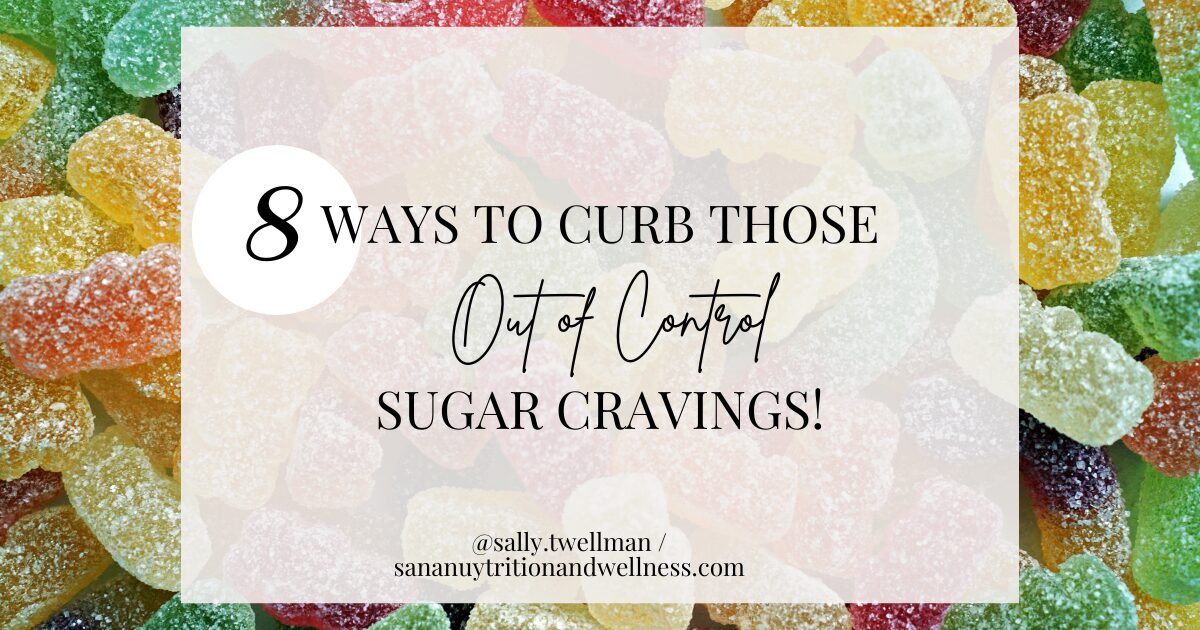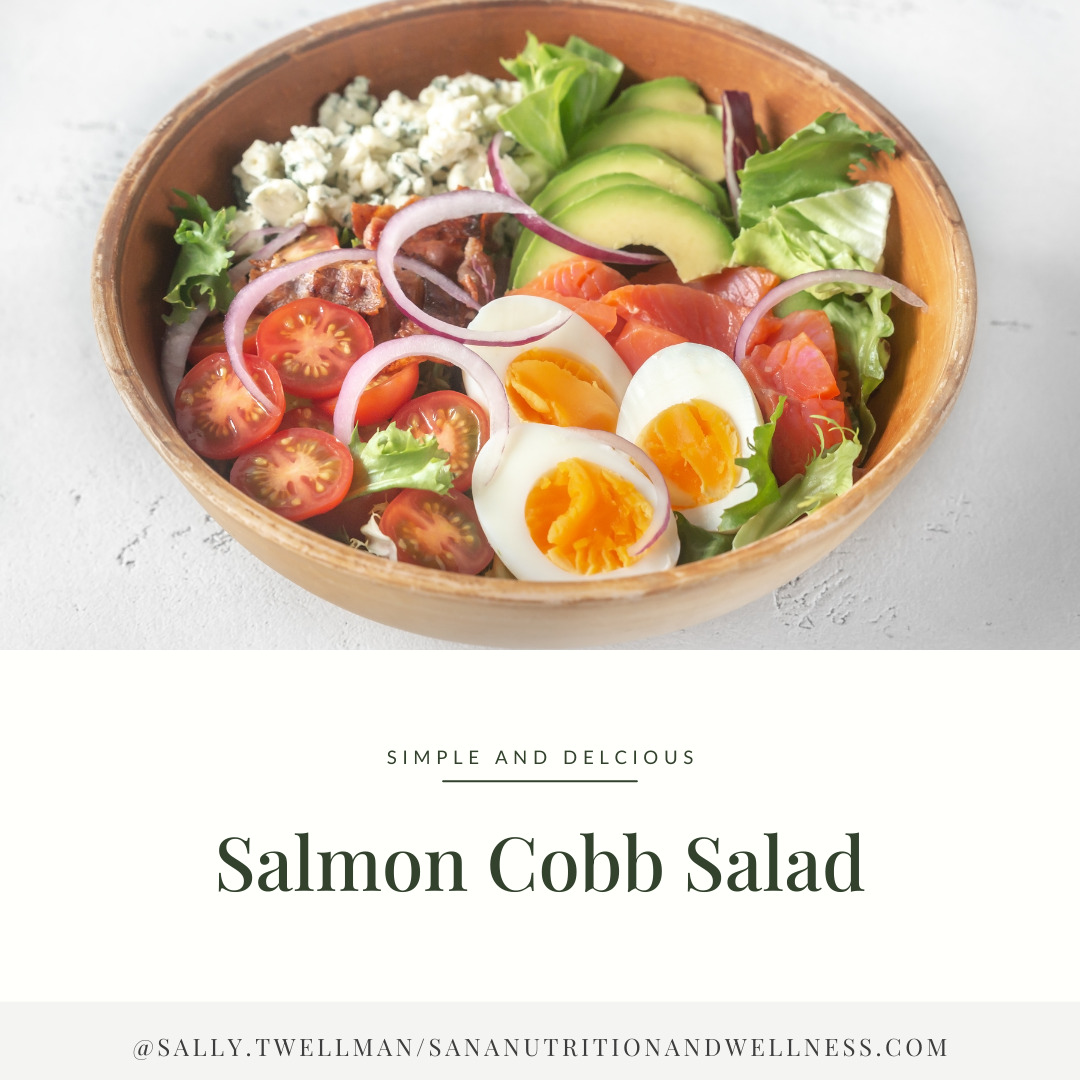Overview :What is Heart Disease
I am an integrative and functional medicine practitioner and registered dietitian. That’s a very long title, but basically, what this means is I use multiple modalities (integrative) to help people heal their health problems by addressing the unlying reasons for the health problem (functional), so your body can heal. Sometimes people manage their symptoms with medication, but they can also address some of the root causes, using nutritional therapy, lifestyle modifications, and mindfulness practices.
Today I want to talk about Heart disease. Heart disease is the #1 killer in the United States and one of the main contributors to function loss as we age. Are you a sick 60 year old or a healthy 60 year old?
Heart disease means many things (you can read more here), but for our purposes today, I will specifically be discussing coronary heart disease (CHD), which is caused by the gradual damaging (through hardening and blockages) of the blood vessels that feed the heart and other parts of the body like the brain from atherosclerosis, which puts us at risk of heart attack and stroke.
So atherosclerosis is what we will be targeting with our interventions. Most people think about atherosclerosis as something that affects “old people,” but the truth is older people feel the effects of the damage, but the damage begins in our 20s and 30s.
Atherosclerosis is a fatty build-up that hardens and blocks blood vessels over time. What causes this? Our genetics, diet, and lifestyle influence this; how much bad cholesterol our body produces, how much inflammation we have, blood pressure, blood sugar control, and stress levels. There is so much more to say about this, but I will leave it very high level, for now, so we don’t get into the weeds, and I won’t bore you to death, and you stop reading before I get to the goes part…What you can do about it!
What you can do about it.
Ok, There are many reasons why someone may be concerned about heart disease or heart health. Maybe you just got some scary cholesterol numbers, perhaps you have a family history of early death due to CHD, or perhaps you are just interested in healthy aging and longevity. Excellent, I can help in all these cases because the information is relevant and actionable for everyone.
Note, if you have some new high cholesterol numbers, consider asking your health care providers for additional labs to measure your risk. Read more about that HERE.
And always work with your traditional medical provider when implementing any of these strategies.
My intervention model always has three foundational pillars.
Diet:
There are two levels when thinking about dietary interventions: foundational and interventional nutritional strategies. Remember, Everyone is different, with different genetics, history, and compounding factors (like digestive issues and diabetes), so always keep that in mind when adopting these strategies.
Foundational:
Diet focused on preserving heart health and/or improving early-stage issues. This strategy is based on the Mediterranean diet (MD). (Read more about this here). MD is good for heart disease. It emphasizes nutrient-dense, high fiber plant foods (very heart protective) and limits inflammatory foods and foods high in saturated fat. I know, I know, there is controversy around saturated fat, but the data still indicates that saturated fat from animal products (exception is fermented dairy) is atherogenic.
Abundance (daily)
- Vegetables
- Fruits
- Whole grains
- Beans
- Nuts and Seeds
- Fish and Seafood (high in Omega 3) – My goal is 3-5 meals of fish a week
- Healthy Oils like Olive Oil (Read more about this HERE)
- Plant proteins
Moderation (a few times a week)
- Chicken and Poultry
- Dairy
Limit
- High-fat meat (beef, pork…etc.)
- Processed foods
- Refined oils
- Fried food
Interventional:
Diet focused on healing and reversing long-standing or advanced heart health disease. This strategy is also based on the Mediterranean diet (MD) but adds additional modifications. The evidence supports (1 2. ) further limiting or even eliminating animal products (Vegan). Whether or not a person adopts a vegan diet is up to them, but the basic tenets of Low inflammatory foods, high amounts of HEALTHY fats (omega 3, olive oil), and most plant foods are the secret sauce.
Abundance
- Vegetables
- Fruits
- Whole grains
- Beans
- Nuts and Seeds
- Healthy Oils like Olive Oil (Read more about this HERE)
- Plant proteins
Eliminate
- Fish and Seafood (high in Omega 3) – This is one * I have; I see so much value in fatty fish and seafood because it’s high in Omega 3 and other beneficial nutrients that I think it’s valuable in every diet. But it doesn’t fall under that category of “Vegan,” so I put it in this category.
- Chicken and Poultry
- Dairy
- High-fat meat (beef, pork…etc.)
- Processed foods
- Refined oils
- Fried food
Supportive Supplementation for Heart Health (Always check with your medical provider for interactions)
- Omega 3
- Magnesium
- Probiotics
- Turmeric
- Ashwagandha
You can order your supplements from my dispensary or at our local store. – ORDER HERE
Movement
Daily Movement is the single most universal important thing you can do for your psychical and mental health. It’s essential to adopt movement and exercise early before you get sick because once you are “sick,” you will have some limitations. Moving will be even more challenging and dangerous if your heart and blood vessels are so damaged that you can’t tolerate exertion. So definitely talk with your medical provider before starting a new movement plan.
But you can move at any stage. Maybe you can’t do boot camp right now, but perhaps you can walk daily.
Take Action:
- Where are you now? How much can you do?
- Walking, yoga, swimming, simple weight training
- How can you modify your schedule to prioritize your health so you can move every day?
- Begin
- Progress: As you are able. Maybe you walk daily for a month, increase the pace and add two days of weight training
- Weight Training – Supports healthy aging and prevents injury
Mindset
Stress impacts chronic inflammation, which contributes to heart disease. So how do you better manage the stress in your life?
Create calm and peace in your life.
Take Action:
Adopt a daily calming practice. My favorite calming practice is meditation and mindfulness practice. Even just 5 minutes of meditation daily is hugely beneficial (Read more HERE).
Practice Ideas:
- Sitting Meditation
- Chanting practice
- Mantra Practice.
- Breathing practice
- Walking Meditation
- Yoga
- Breath-work
Don’t skip the Mindfulness part. When you manage your mental and emotional landscape, you can make the dietary and movement changes above.
Your health and wellbeing are well within your control. Adopting these nutrition and lifestyle practices can help transform your health, make you feel more vibrant every day, and help you age well!
*All my health advice is based on science, and as new research comes out, I will amend and modify my recommendations as needed.
**While all content is written by a registered dietitian and strives to provide only accurate, scientific-based information, your specific health needs may or may not apply to the content contained on this website and related content. It is not intended to diagnose or treat any specific medical condition.








